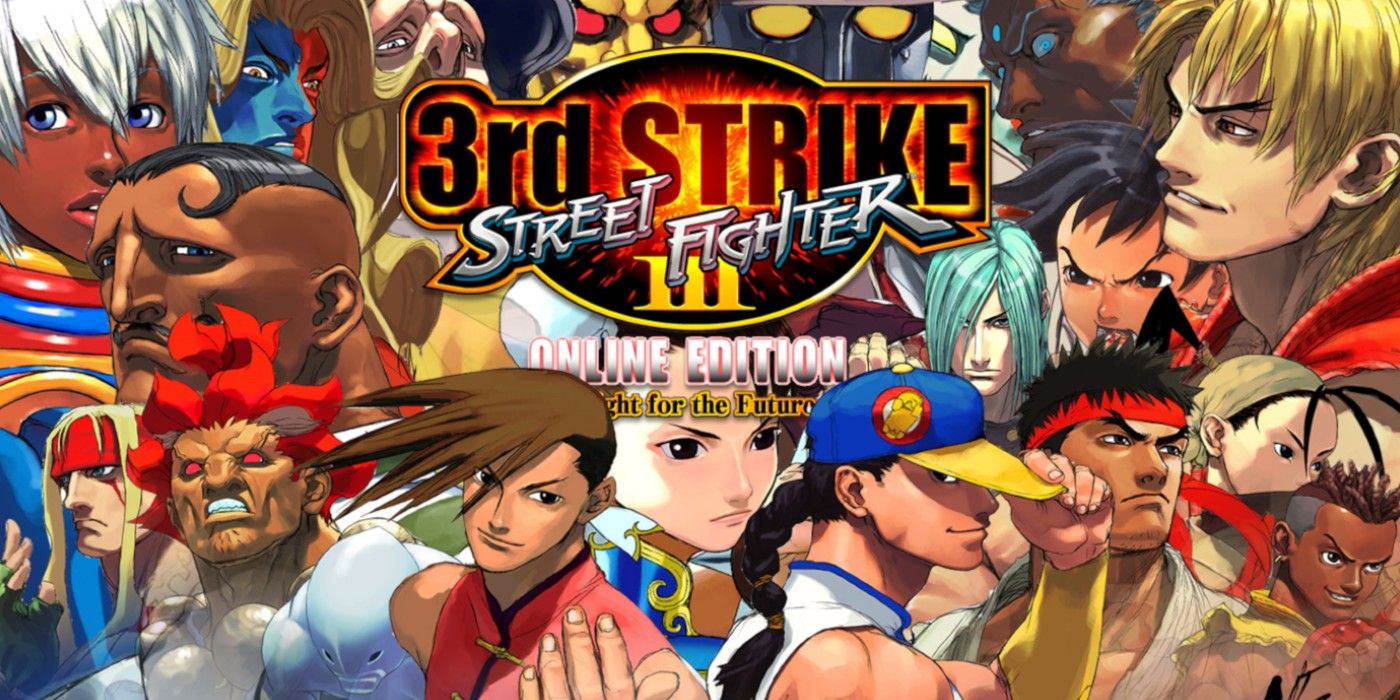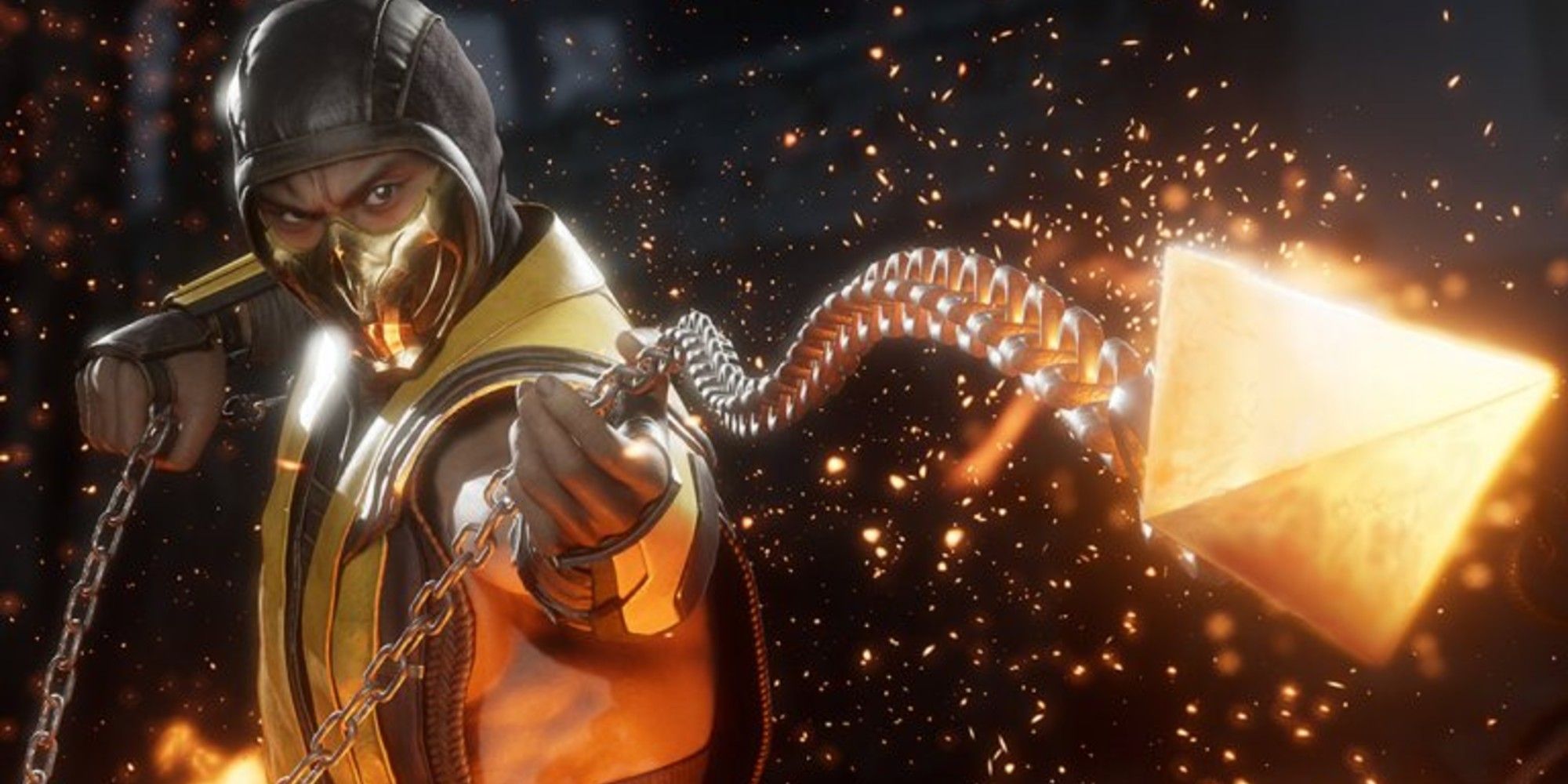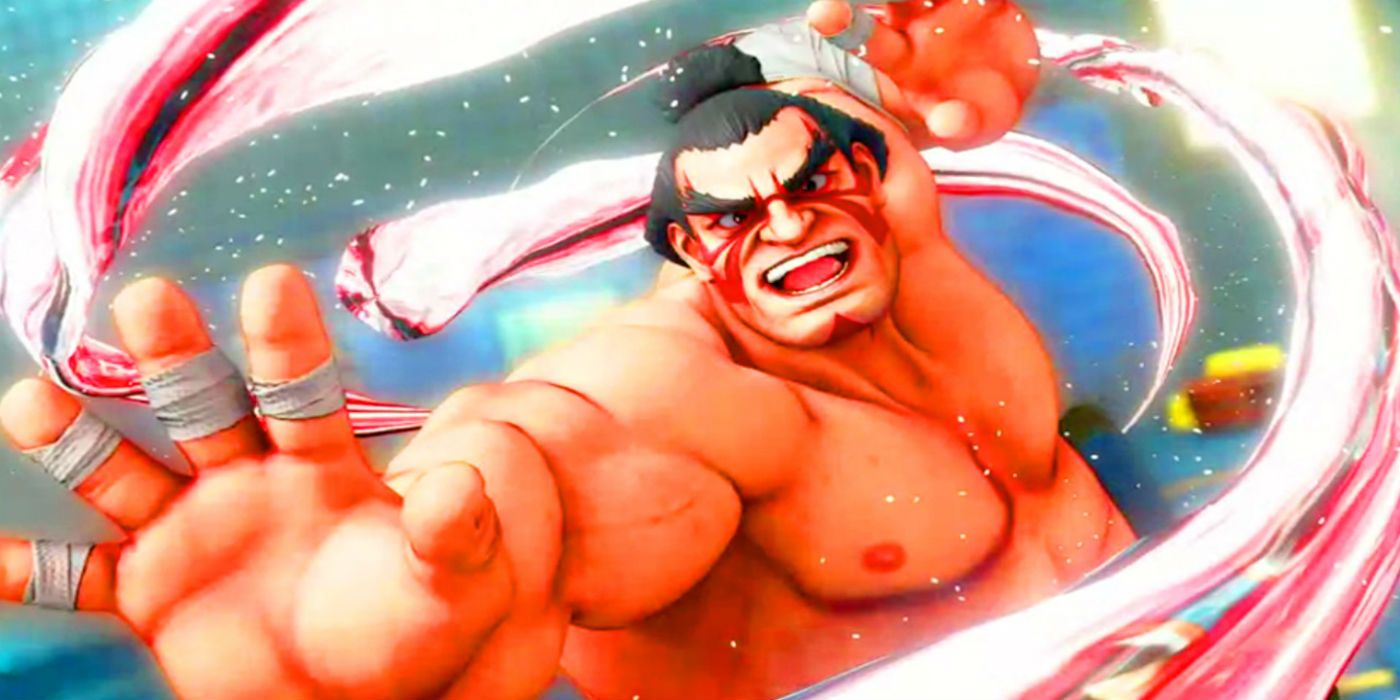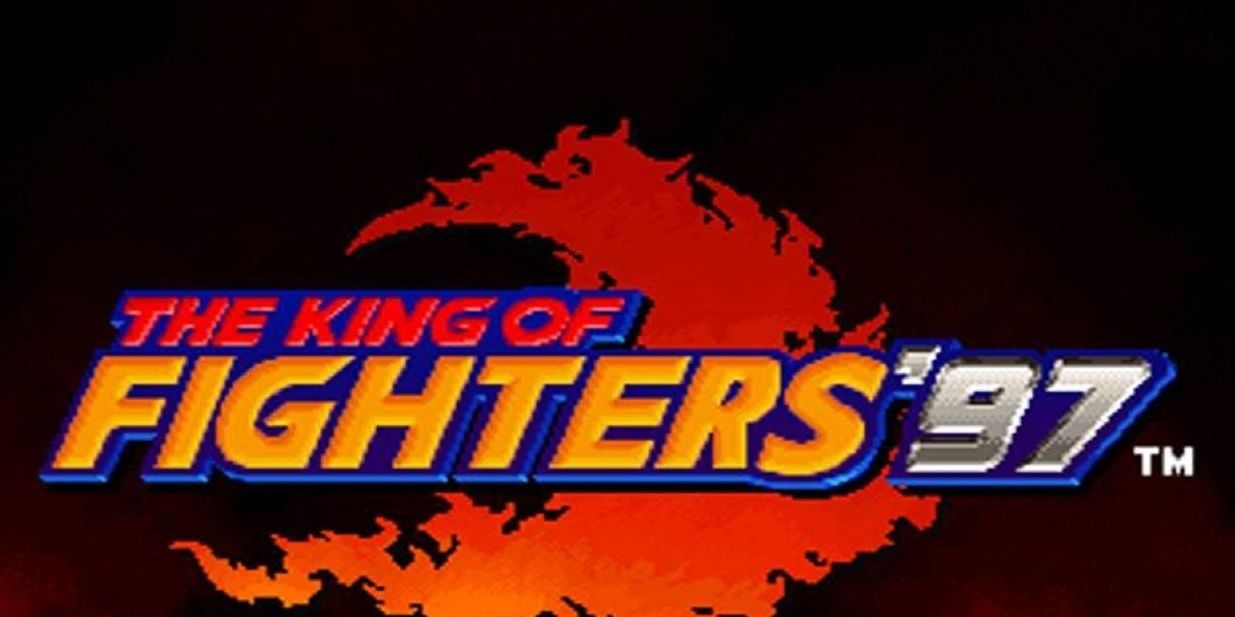Few other genres necessitate accurately tracking precise inputs during online games like fighting games. This is why debates over which netcode provides the smoothest experience for both players is so prevalent in the community. Generally speaking, however, fans of fighting games tend to place their chips on one type in particular: Rollback Netcode.
Despite how revered the system is by fans, rollback is actually the most recent and rare netcode system used in fighting games. Typically, developers still implement delay-based netcodes as solutions for lag spikes and other network issues during matches. In this system, if connection issues occur that keep one player's inputs from reaching the other player's system on time, the delay-based netcode will hold the first player's game back until it catches up with their laggy opponent. This has a variety of drawbacks that have made it unpopular among fighting game fans, but it all amounts to games where a poor connection results in start-stop matches that make playing the game infuriating.
Rollback netcode, on the other hand, has a variety of advantages over delay-based netcode that make it preferable. Ars Technica has an incredibly detailed breakdown on the minute differences between the two, and how rollback generally results in a smoother experience for players. Broadly speaking, rollback netcode works by accounting for the delay between players and rewinding the game for the host player whenever a connection issue causes an input to get received late. It also predicts what input the other player is most likely to make in the coming frames, allowing for a smooth experience on the host's part until their opponent's correct input causes a rollback. It's not a perfect system. Matches with extremely poor connections often result in one player seemingly teleporting around the screen as the rollback continually corrects their position and action. But, considering that most stable matches only have a few frames of delay, rollback generally makes matches with problematic connections much smoother. For that reason, it's advisable to pick and choose which fighting games have decent netcodes before investing in one. After all, a bad netcode will make even the best fighting game play terribly.
Western Fighting Games With Rollback Netcode
When it comes to fighting games, it's the west that implements rollback netcode more often. Part of this has to do with how many western indie developers there are, but even AAA developers have been putting it to use as of late. For instance, NetherRealm Studios implemented rollback netcode on both Mortal Kombat X and Mortal Kombat 11 in addition to Injustice 2. In all likelihood, players can expect rollback netcode for their upcoming releases as well. Furthermore, other popular western fighting games like Killer Instinct, Power Rangers: Battle for the Grid, Skullgirls, and Thems Fightin' Herds all have online play based around rollback netcode. More fighting games with rollback netcode include Rising Thunder, Pocket Rumble, Divekick, Fantasy Strike and Punch Planet.
Japanese Fighting Games With Rollback Netcode
Despite being the home of fighting games as a genre, Japan continues to rely primarily on delay-based netcode for the majority of their fighting games. Still, increased pressure from fans have motivated many developers to include rollback netcode in more recent releases. Capcom, for instance, has included rollback netcode for Street Fighter V and Marvel vs Capcom: Infinite. Other Japanese fighters with rollback netcode include Samurai Shodown V Special, Fighting EX Layer, and Fight of Animals.
Classic Fighting Games With Rollback Netcode
Many of Japan's more recent releases rely on delay-based netcode, but the majority of titles that use rollback are actually rereleases of classic arcade fighters. Street Fighter 3: Third Strike Online Edition was one of the primary fighting games to popularize the use of GGPO, a commonly-used rollback system developed by Tony Cannon, co-founder of the Evolution World Championship. Other classic fighting games like Garou: Mark of the Wolves, Darkstalkers: Resurrection and King of Fighters '97 were all rereleased with some form of rollback netcode put in place as well. Although it isn't the most popular system yet, fans of fighting games everywhere seem to agree that Rollback Netcode helps make online playing easier.
Source: Ars Technica




